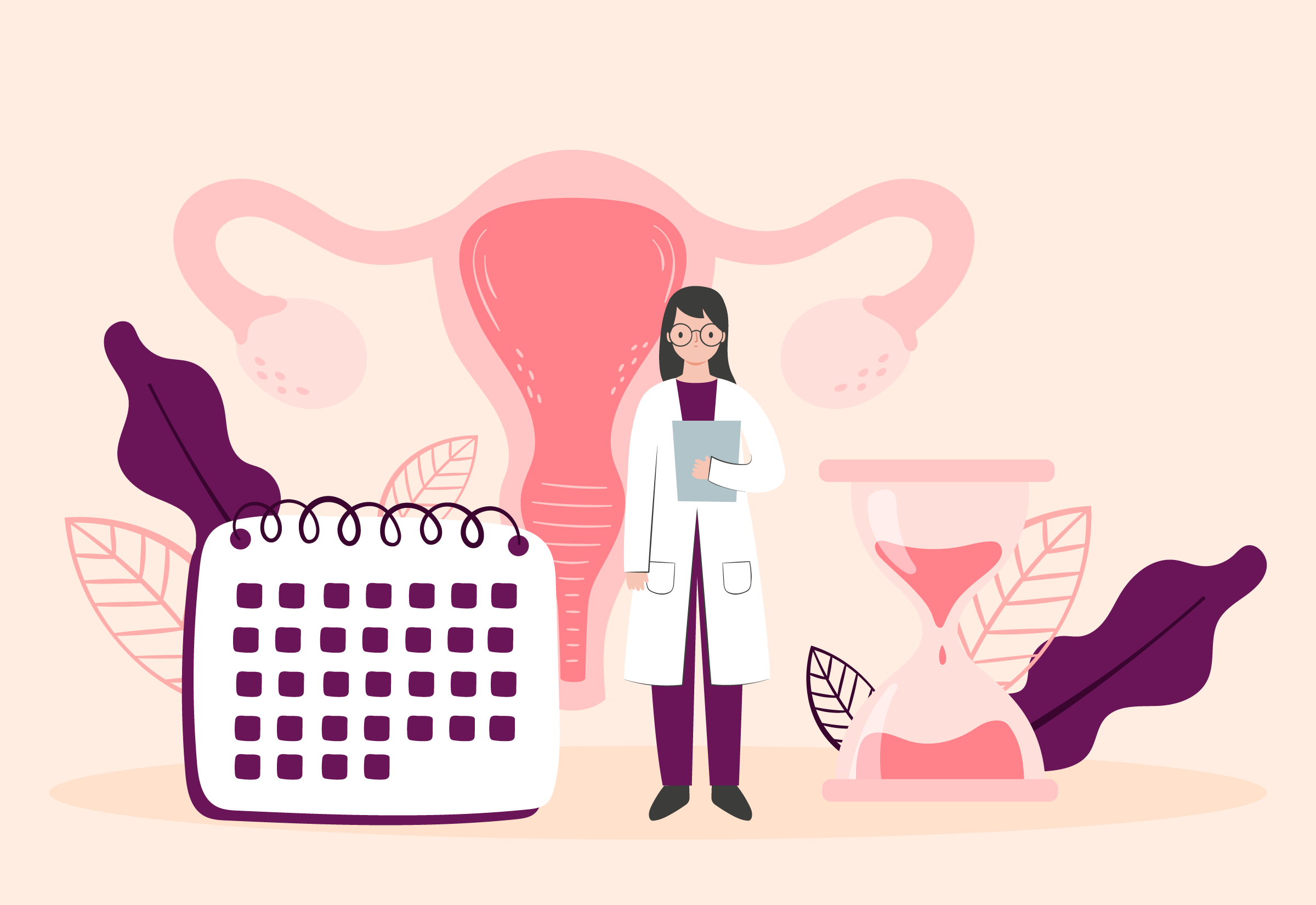
Fertility
Female Fertility Tests | All You Need to Know
Jan 29, 2022Introduction
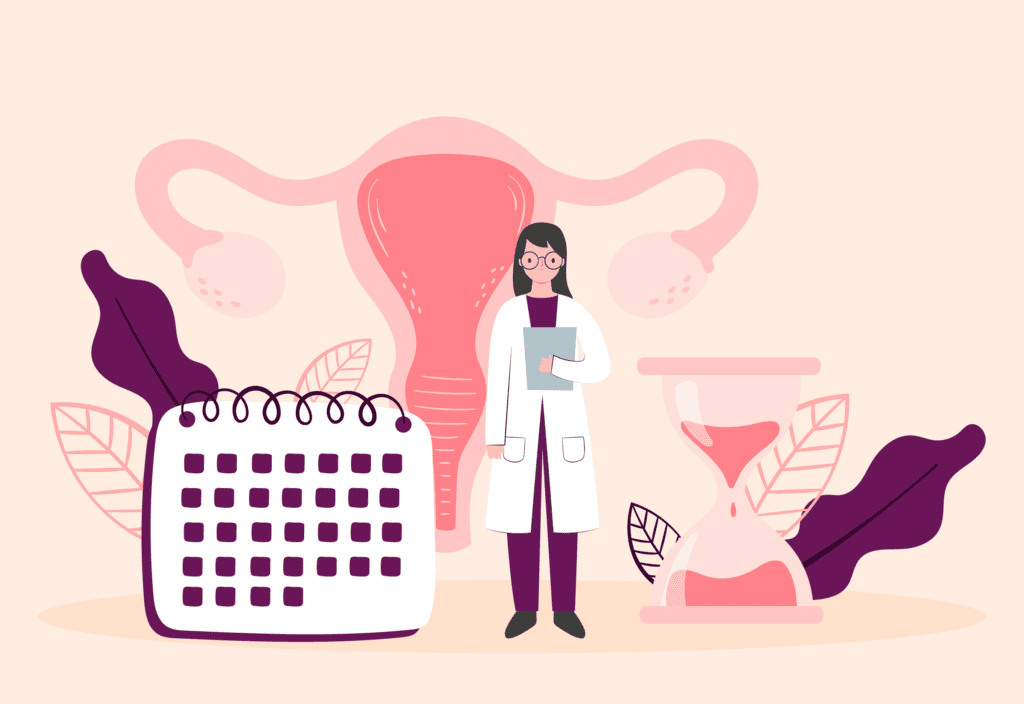
Fertility tests are an essential aspect of fertility evaluation and treatment. For women, experts recommend an infertility evaluation if you have not gotten pregnant after one year of having regular sexual intercourse without using birth control. If you are older than 35, an evaluation is recommended after 6 months of trying.
Your regular gynecologist may do some basic testing. Or you may be referred to a reproductive endocrinologist (a doctor specializing in fertility hormones) or a urologist (for male infertility) for more thorough fertility testing.
Check out this detailed guide to know more about male fertility tests and couple fertility tests.
Overview
While many women believe fertility testing is important for their infertility issues, fertility testing is needed for both partners. Here are a few facts about infertility.
- 25% of infertile couples have various factors contributing to the condition.
- Irregular or abnormal ovulation accounts for approximately 25% of all female infertility problems.
Go through this detailed guide on Fertility 101 to understand just how fertility works in women. Keep reading to know what fertility tests you might need.
Fertility tests for women
For women, fertility testing starts with a basic gynecological exam. Your doctor might need details like:
- Information about your lifestyle, work, and home environment
- Your medical and surgical history
- Use of birth control
- Your menstrual history
- Information about your sexual practices
- Pregnancy history if any
The physician will also conduct a thorough physical check-up. They will look at your thyroid, breasts, hair growth, and pelvic area. They may also conduct a pap smear test (which involves collecting cells from your cervix – the lower, narrow end of your uterus that’s at the top of your vagina – to test for cervical cancer). They may also test for STDs (sexually transmitted diseases) if needed.
Next, the doctor might want to start with some early tests. Most of these are around ovulation. Many women track their menstrual and ovulation cycles currently, using specific apps or even a fertility monitor.
Whether you are planning a pregnancy or having trouble conceiving, and have already started tracking your cycles, ovulation, luteal phases, etc., the information can be valuable for your fertility testing. Usually, one of the first questions regarding female fertility is whether you are ovulating or not.
Ovulation testing can be divided into 4 main types:
1. Ovulation testing
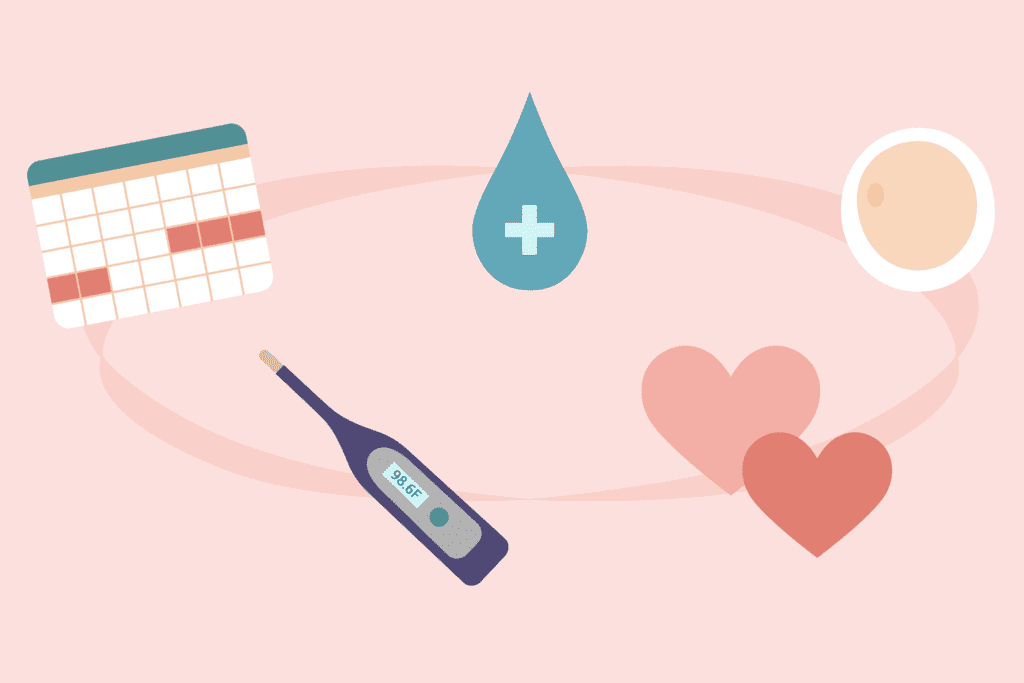
Women need to “ovulate” or release an egg to get pregnant. Most gynecologists will need to confirm that you are ovulating and to determine at what point in the period this happens.
- Your doctor may ask you to take a urine strip test at home for luteinizing hormone, or LH. This hormone shows up in high levels just before you ovulate.
- They may check levels of the hormone progesterone in your blood. A healthy increase in your progesterone level, done around Day-21 of a 28-30 day cycle shows that you are ovulating.
- In a healthy cycle, a rise in progesterone levels after ovulation leads to a slight increase in your base body temperature (BBT). By checking it each morning, you’ll learn your pattern of ovulation over several months.
Your doctor may also run tests on your thyroid, or check for other hormonal problems, to rule out conditions that might cause missed or irregular ovulation.
2. Ovarian function tests
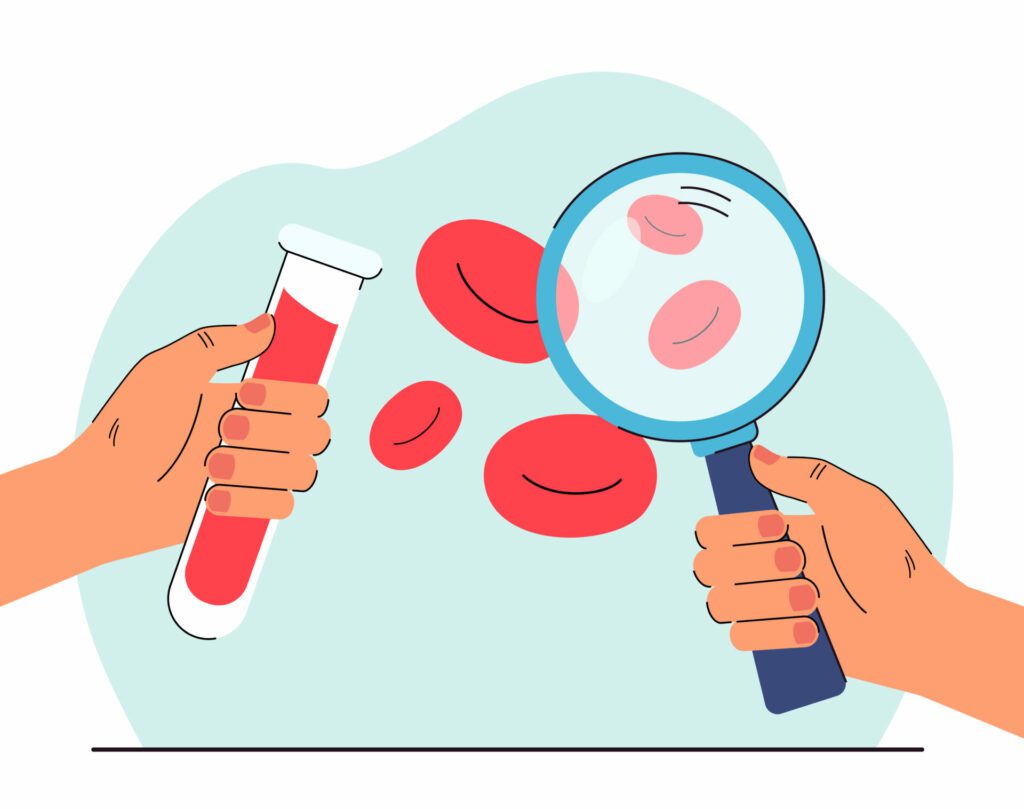
There are several tests that can help show a woman’s fertility potential, also called ovarian reserve or Ovarian Function tests. These tests are meant to check how hormones are functioning during your ovulation cycle.
Blood tests for FSH, Estradiol, and AMH:
- Measuring blood hormone levels is one of the methods used to test for ovulation. The follicle-stimulating hormone (FSH) and Estradiol are checked at the beginning of the menstrual cycle, usually on day 3 of your cycle.
- It is generally observed that women whose cycle day-3 levels of FSH and/or estradiol are high, are less likely to have a baby after either ovulation induction or in vitro fertilization (IVF) compared with other women of the same age.
- Finally, AMH or the Anti-Müllerian hormone is made in the follicle and is related to the number of immature eggs. Blood tests can be done to check this at any time during the menstrual cycle.
Antral follicle count (ultrasound):
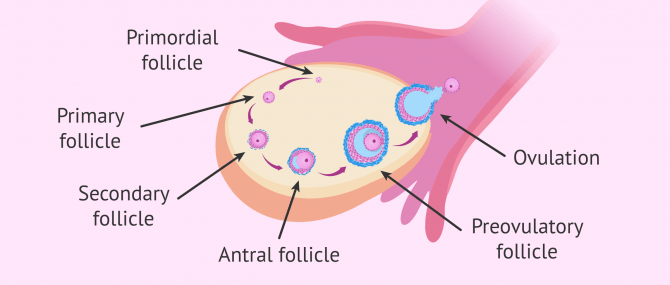
A vaginal ultrasound might be done in the early part of your menstrual cycle to check the number of immature follicles in the ovary. These small follicles or antral follicles are where your eggs develop. It is possible to determine how many eggs are available for maturation, by checking the number of antral follicles.
No single ovulation test can predict a woman’s ability to get pregnant. These tests are often used to develop a treatment plan. As always, at Sepalika, we recommend building on your foundational health to allow for natural fertility.
3. Other Follicular phase tests

- Prolactin
- Free T3
- Total Testosterone
- Free Testosterone
- DHEAS
- Androstenedione
4. Luteal phase testing
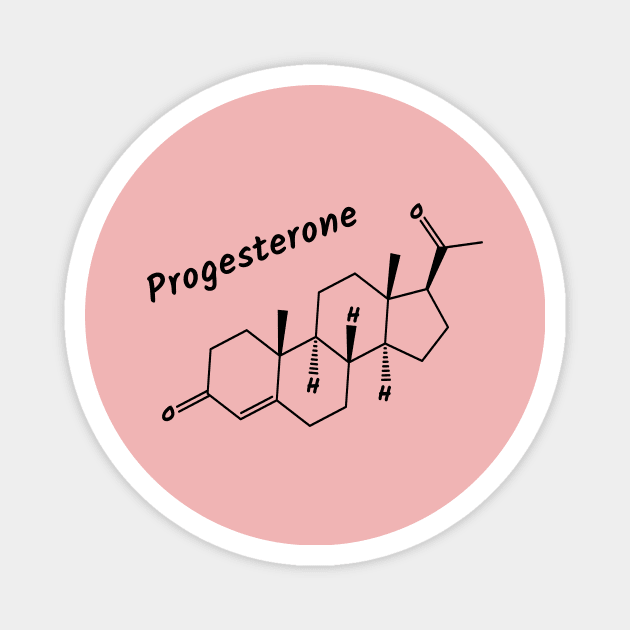
Serum Progesterone test that is done on Day 21, assuming you have a 28-day cycle.
5. Tests for reproductive organs
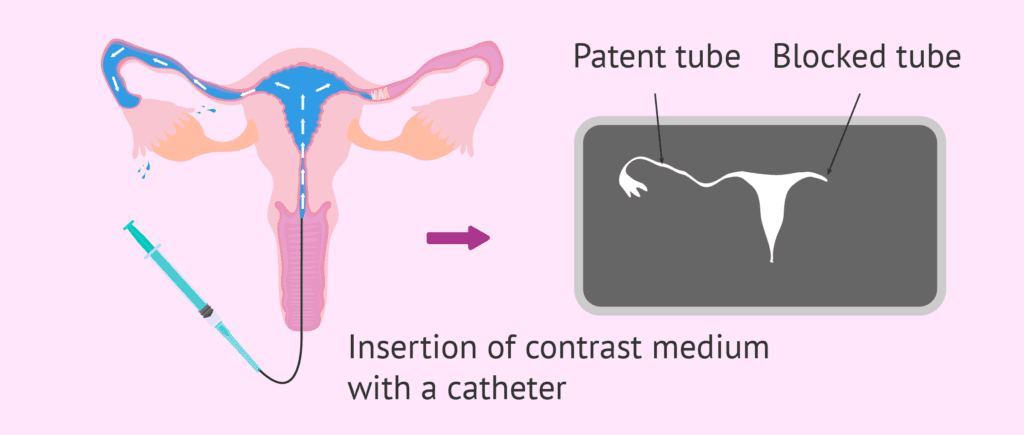
When natural pregnancy attempts fail and your doctor feels the need for IVF or artificial insemination, you may need to check your uterus, ovaries, and the fallopian tube for any structural defects. Depending on your specific case, your doctor might ask you to do certain procedures and tests to check these organs.
- You might be asked to get a hysterosalpingogram (HSG) or a “tubogram.” This is a series of X-rays of your fallopian tubes and uterus. The X-rays are taken after your doctor injects liquid dye through the vagina. Another method uses saline and air instead of dye and an ultrasound. The HSG helps in determining if there are any blockages in your fallopian tubes or if the uterus has any problems. The test is normally done just after your menstrual period.
- You might need to get a transvaginal ultrasound. Using sound waves, they’ll be able to see images of the ovaries and uterus to check for problems there.
- Your doctor might recommend a hysteroscopy. This involves inserting a thin, flexible tube with a camera through your cervix into your uterus. It helps the doctor see any defects and even take tissue samples if necessary.
- You might be asked to do a laparoscopy. This is a surgery where the doctor makes a cut into your belly and inserts tools as well as a camera to check for any potential problems in the abdominal area beyond the uterus and correct them if needed.
- Finally, PCT or post-coital testing may be carried out for both males and females. This involves testing cervical mucus few minutes after intercourse.
Note that your doctor might ask you to do any of these procedures if needed, to check for and correct any major issues affecting your fertility.
To know more about couple or at-home fertility tests, click here.
To know more about male fertility testing, click here.
What next after fertility testing?
Once fertility testing is done, go back to your doctor (gynecologist, endocrinologist, urologist, etc.) and discuss the results.
But keep in mind that even if these test results come up as “normal”, if you are still struggling to conceive, it’s possible that there are foundational issues at the core of your fertility problems.
Your gut, liver, thyroid hormone, digestive system, sleep, stress, lifestyle – all these collaborate to help you produce a new life inside you.
Reproductive system experts like gynecologists and IVF doctors often do not pay attention to your health foundations like diet, vitamin deficiencies, etc. By testing the foundational aspects of your health – blood sugar, protein absorption, inflammation and even hidden thyroid issues, functional medicine experts are able to identify causes of infertility that lie outside the reproductive system.




